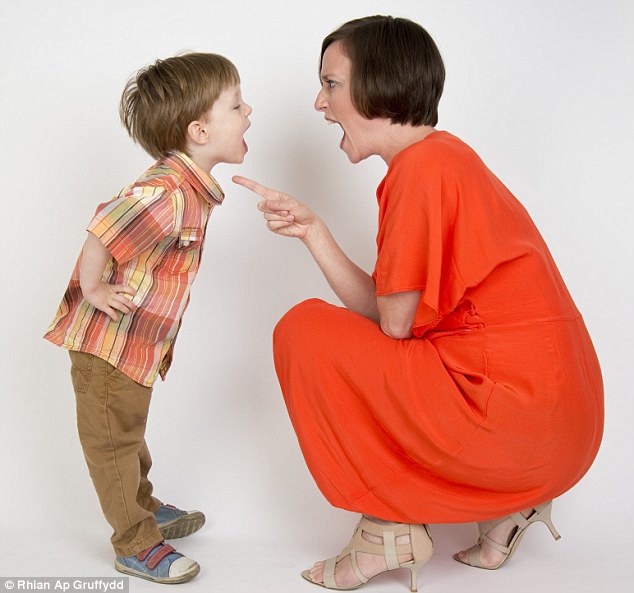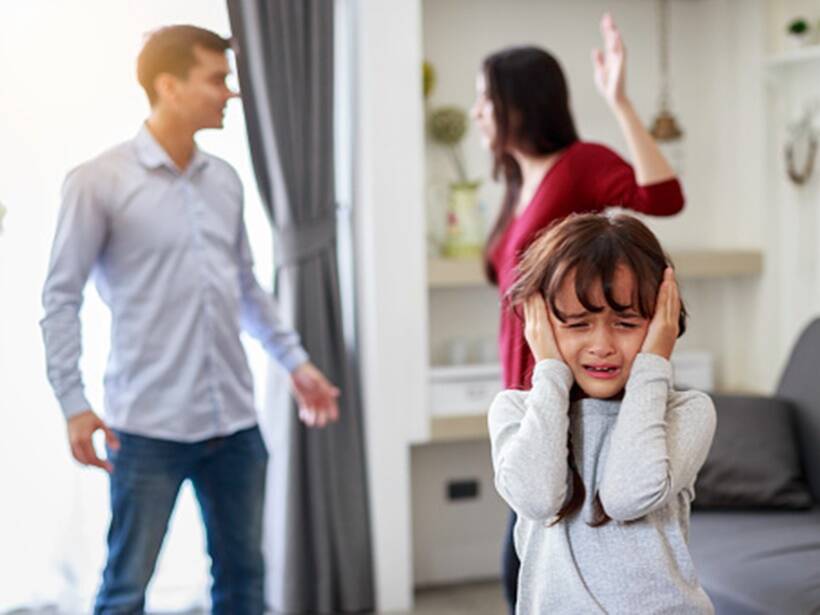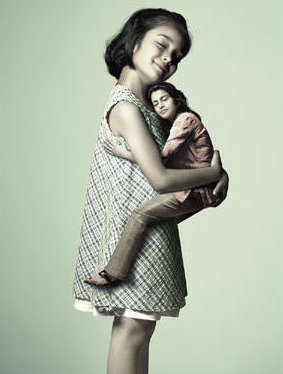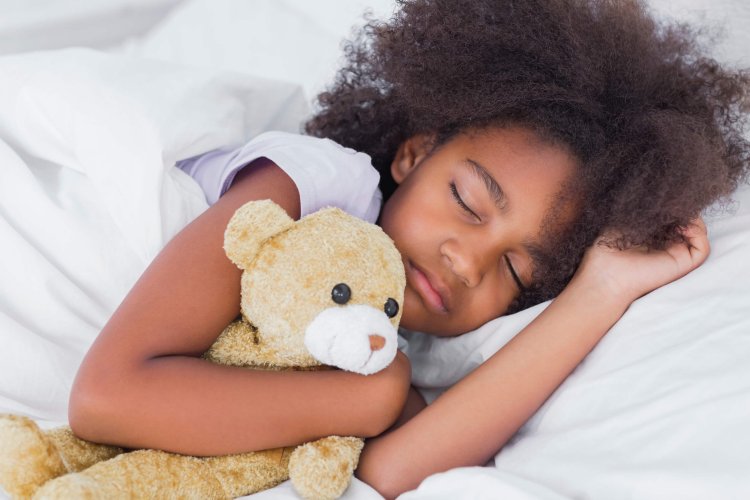Who has not yelled at their kids? Does Yelling Affect Our Children later in Life? Raise your hands! I know I have. Does this traumatize your children? According to ACEs (adverse childhood experiences), it does. When my children were little, I’d yell and they would start crying. You would think I slapped them or something…
Do you remember when your mom yelled at you? I do.
I knew I was in trouble. My mom did not have the patience to yell. She would grab us by the hair and used our hair as a steering wheel and directed us to what she wanted us to do. My poor mom had way too many kids. Starting with me, to the 7 youngest. Taking care of the kids was everybody’s responsibility.  Anyway, if moms yelled at their kids, they would cry even more. I have heard moms yelling at their kids all the time. In fact, I experimented.
Anyway, if moms yelled at their kids, they would cry even more. I have heard moms yelling at their kids all the time. In fact, I experimented.
One of my kids asked, “Mom, why are you always yelling at us?” O answered, “Because you guys don’t do as I ask if I don’t yell.” Sure enough, I had done laundry, and I asked the kids to come and put their clothes away. They were playing video games on the T.V., I thought they had not heard me.
I went into their room and asked them to get their clothes and to put them away. “In a minute, mom”.
30 minutes later, they were not in the laundry room to get their clothes. So, I had to yell at them. Did they come? Yes, they came running in.
I explained to them, “See how yelling works? Just talking to you kids doesn’t work.” I probably got them used to me yelling at them. How sad was that?
What happens when you are yelling all the time?
Children will think you just don’t love them. Your kids will believe that you are mad at them all the time. “What did I do wrong, now?” I believe, children will get used to you yelling at them and it will be just another form of communication. Right?
I had a client who talked like she was yelling all the time or in a tone of voice like she was frustrated with you. When she came to me for another problem, I thought she was upset at me for something she did not apricate me saying to her. But as I started to understand her better, that was just her normal tone of voice.
My client complained about her co-workers not liking her. I could understand now what the problem was. It was her tone of voice, as she appeared to be a very unhappy lady. Her children got the blunt of her angry, unsatisfied-with-life tone of voice. In our sessions, she’d use that tone of voice with me too.
We practiced changing that. Now she is more conscious of that tone and makes more of an effort to make audible adjustments. She said when she sees me, it triggers her to check in on herself. But I said to start with her children and her husband instead and had her husband remind her. She didn’t like the way he’d correct her, so that did not always work. It was a look he’d give her, that worked.
Research has said that parental discipline, like yelling, can have a bigger impact on kids than we believe. We could be creating more emotional issues in the long run. If we start yelling at our kids it might make our kid’s behavior even worse. Sometimes it makes you think you have to yell more just to try to correct it. And the cycle continues.
Now, your kids start talking like their parent’s talk, using a harsh tone of voice and yelling at each other. You try to stop them, but they learned it from you. Now they have that bad and ugly habit. How are you going to change that? You have to be the example and admit you were wrong in talking/communicating with them in this way in the first place. Yes, it is your fault.
Children feel hurt, scared, or sad when their parents yell at them. This verbal abuse had the ability to cause deeper psychological issues that they carry into adulthood.
Yelling has the same symptoms as traumatic incidents. As adults, they could develop illness, depression, anxiety, and other symptoms that can lead to worsening behavior, destructive actions, like drug use, or bad choices in picking destructive relationships.
Our children are very special to very many of us. If you have been yelling at your children the change can happen. Especially if you know that your child can be traumatized and ill effects will be suffered in adulthood.
If you are suffering from anxiety and depression yourself, please get help. Sometimes, we hurt those we love the most. Talk to someone you trust or a mental health professional.
Try to ease your stress by listening to some positive relaxing music, take a break from your hectic environment. Have your husband fix dinner, have someone responsible watch the children for a few hours. Do what you must to relax and stop yelling at the children. Prayer, meditation, yoga, whatever it takes to keep children healthy.
God Bless you and give you courage and strength.








